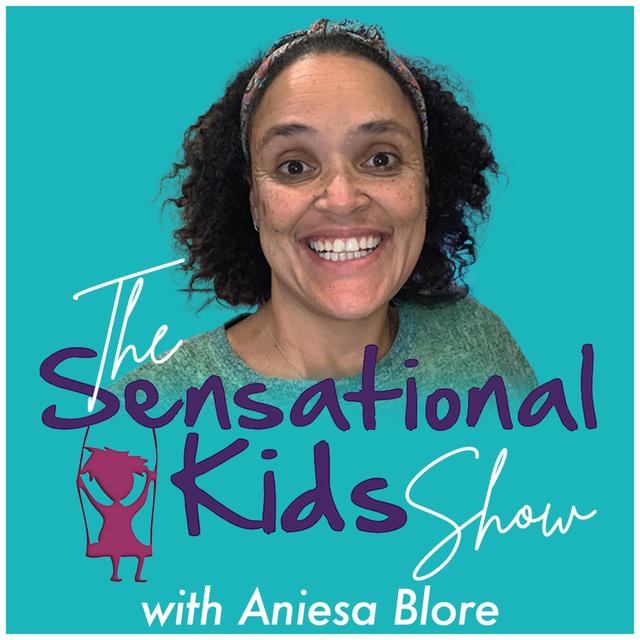
Empty Nest Syndrome
Episode description
Have you experienced Empty Nest Syndrome? Join Aniesa as she discusses the feelings, emotions and emptiness you can feel when your children grow up, leave and become less dependent on you. Learn how to overcome Empty Nest Syndrome, how you can fill your diary with new hobbies and why acknowledging your feelings is essential to putting yourself first.
KEY TAKEAWAYS
- Empty nest syndrome is a phenomenon in which parents experience feelings of sadness and loss when the last child leaves home. Although you might actively encourage your children to become independent, the experience of letting go can be painful.
- To overcome empty nest syndrome you need to make sure to plan your schedule and to have things in your diary because conquering it can be a massive battle. Get a hobby, invest in yourself and put yourself first.
- Identifying and acknowledging your feelings will help you to deal with empty nest syndrome.
- Often with children, you have a routine and when they leave the routine is broken, however, this can give you the opportunity to be spontaneous, to connect with friends without worrying about the parenting responsibilities and to be impulsive.
BEST MOMENTS
“When your kids become teenagers, it's almost like you don't see them anymore.”
“Invest in yourself because one day your kids do leave and they become far less dependent on you.”
“Everything he owns is going up to his room, which has the space for it.”
CONTACT METHOD
www.instagram.com/aniesabblore/
www.instagram.com/sensationalkidstherapyuk/
www.facebook.com/sensationalkidslondon
ABOUT THE HOST
Aniesa completed her degree in Occupational Therapy at the University of Stellenbosch, in South Africa. She has since been focusing on paediatrics and sensory processing and integration. She has worked across a range of paediatric fields and has extensive experience in autism, specific learning difficulties, as well as anxiety and emotional regulation.
Aniesa has one teenage son with autism, and one with sensory difficulties. She herself was diagnosed at a late age as having ADHD and has found that understanding her neurodivergence has led to a greater connection with children and their parents.
ABOUT THE GUEST
David Robson is an award-winning science writer specialising in the extremes of the human brain, body and behavior.
After graduating with a degree in mathematics from Cambridge University, he worked as a features editor at New Scientist for five years, before moving to BBC Future, where he was a senior journalist for five years. His writing has also appeared in the Guardian, the Atlantic, Aeon, Men's Health and many more outlets. In 2021, David received awards from the Association of British Science Writers and the UK Medical Journalists' Association for his writing on misinformation and risk communication during the COVID pandemic.
CONTACT METHOD
Hosted on Acast. See acast.com/privacy for more information.
